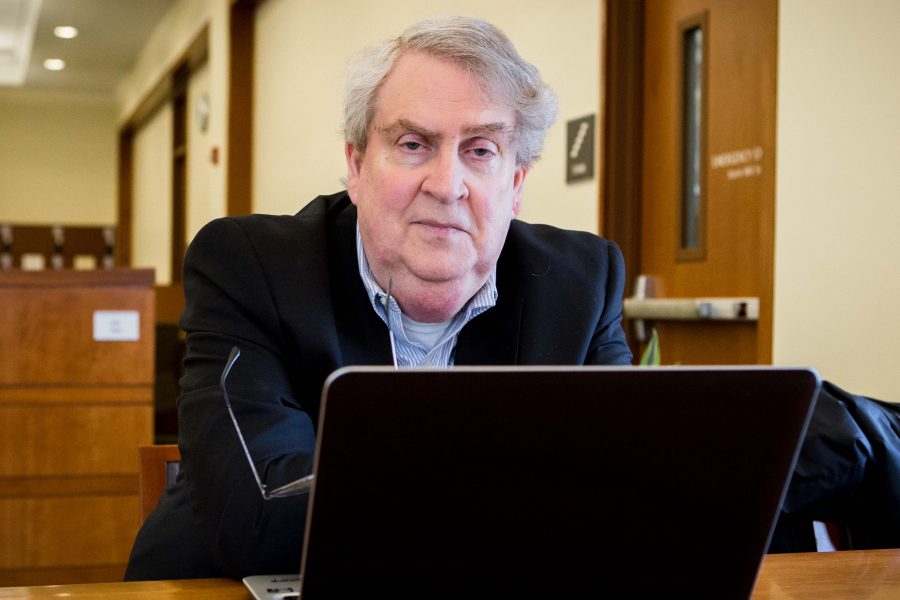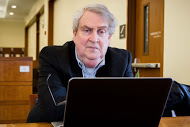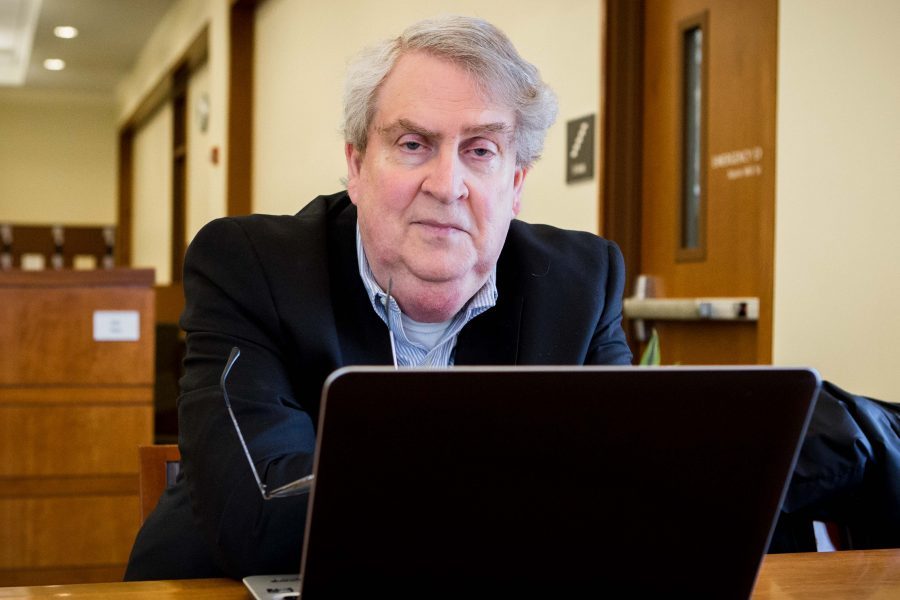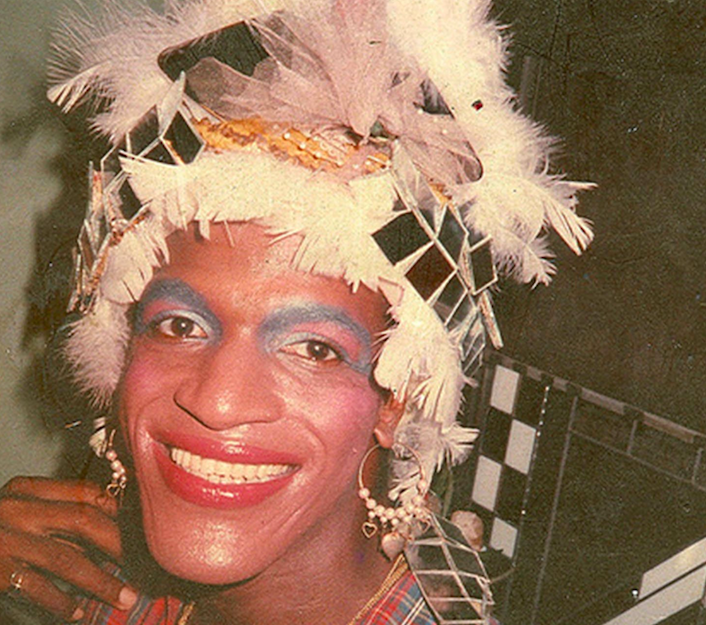This summer, one song easily held radio waves and dance clubs ransom across the country. Katy Perry’s addictive “California Gurls” boasts the sunny, carefree lifestyle of the Golden Coast. But there was another pop culture explosion in California that will likely outlast Perry’s ode to “warm, wet, and wild.”
The heated controversy of same-sex marriage is upon us.
Nearly two years ago, a majority of California voters affirmed Proposition 8, which amended the state’s constitution so that “only marriage between a man and a woman is valid or recognized in California.” However, a judge in a federal district court recently overturned the law, and a subsequent ruling left the law in limbo until opponents and supporters can make further arguments.
Some legal scholars believe the debate may not stop there. The long, arduous pathway to the Supreme Court could bring national consequences to this legal issue. If the Supreme Court chooses to hear the case, then its ruling could, in theory, render same-sex marriage the law of the land.
Of course, the justices could punt the issue as far from the capital as possible, hoping it will land and reside among the states to be sorted and fought out in legislatures and courtrooms.
Wherever the issue lands and whatever its legal fate, I sense that this is our generation’s turn to experience the warm, wet, and wild debates that cycle throughout American history. Slavery shattered our nascent country into warring halves. Vietnam divided our parents and grandparents. And abortion still troubles, well, everyone.
Although same-sex marriage has long been percolating in the town halls of other states beside California, it has reached a new significance now that a growing acceptance of gay people is on the rise. Even institutions like the military, where a straight version of masculinity ruled the day, is now rethinking its own policies that silence gay and lesbian service personnel.
From the Castro to Greenwich Village, the gay community is experiencing newfound support from employers, coworkers, Republican politicians — some of whom recently have turned out to be gay — and schools.
This comes in the midst of a growing realization of gays and lesbians as a class of persons with unique legal sensitivities. We have gone through great efforts to assure their equal protection under existing employment, healthcare and criminal laws.
But a CNN poll in August showed a near 50-50 divide among Americans about whether there should be a constitutional right granting same-sex marriage. There is no doubt a firestorm of Tea Party demonstrations and sermonizing by religious conservatives has made many question the morality of coupling Adam and Steve.
Many religious groups fear a possible infringement on their own teachings about sexuality and marriage. Could the day come that Catholics, evangelical Christians, or even Muslims would be legally compelled to modify their teachings about the sinfulness of homosexual acts? How might sexuality curricula taught to schoolchildren legally change in public and private schools?
These and other questions are not reserved just for legal scholars. Marriage is a national heritage; its meaning affects everyone. Being straight or single exempts no one from having an educated, well-thought-out opinion on same-sex marriage. In fact, we can participate in the discussion even at Marquette, beginning with a debate to be held in our own Law School Sept. 17 at noon.
Marquette students have an even greater duty to seek answers that justly account for the diversity and uniqueness of our society. The harsher threat to marriage may not be its re-definition, but a social apathy toward it.





